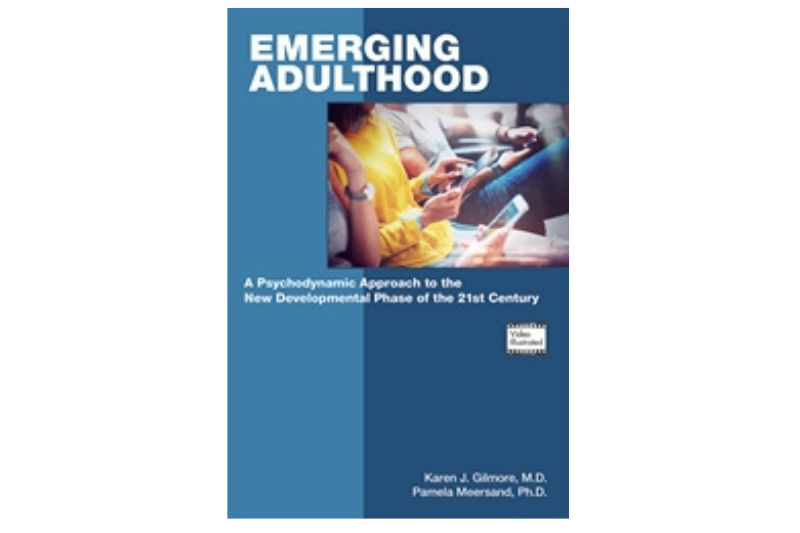Purpose in Life Can Lead to Less Stress, Better Mental Well-being
What is purpose in life? It means having a central, organizing life aim, an overall sense of direction in one's life, and a belief that one’s life activities are valuable and important — making a positive mark on the world.1, 2 Research indicates that having a purpose in life is good for mental health. For example, having greater purpose in life was significantly associated with lower levels of depression and anxiety.1

Some research indicates that purpose in life may build greater resilience after exposure to negative events.3 A recent meta-analysis found that people with greater purpose in life experienced less stress.4 This association between purpose and stress was similar across age, sex, race, ethnicity, and education. Other research suggests that purpose in life is associated with greater integration of working and personal lives.5
A lack of purpose or direction in life may be an important contributing factor to high levels of mental health concerns among young adults, according to a recent survey. The report, On Edge: Understanding and Preventing Young Adults’ Mental Health Challenges, from the Harvard Graduate School of Education, found young adults (18 – 25 years) in the U.S. reported twice the rates of anxiety and depression as teens (36% versus 18%).
While the study notes that “the emotional challenges of young adults have many sources that vary by culture, race, class, and many other factors,” a lack of meaning, purpose, and direction was strongly associated with poorer mental health. More than half of young adults (58%) reported that they lacked “meaning or purpose” in their lives in the previous month and half of young adults reported that their mental health was negatively influenced by “not knowing what to do with my life.”
Importantly, the research does not explain how that connection is made. Lack of direction/purpose could contribute to anxiety/depression; experiencing depression/anxiety could contribute to less motivation and participation in things that used to give purpose; or they could compound each other.
Cultivating Purpose
For most people, their direction or purpose in life will change and evolve through various stages of their lives. Similar to the concept of happiness, purpose is not a specific destination, but a journey and a process.5 The process of searching for purpose or meaning has also been associated with greater life satisfaction for adolescents and young adults (though not for adults).6
If you’re at a point where you don’t have a clear direction or purpose, there are ways you can intentionally work to cultivate a purpose. A recent Harvard Health Letter offers some suggestions, including focusing on your strengths and the obstacles you have overcome. You can also look for role models who may inspire you; alternatively, share your experience and knowledge by becoming a mentor to someone else. Think about the issues that interest or concern you – on a global scale or more locally and explore opportunities to volunteer in those areas.
References
- Boreham, I.D., Schutte, N.S. 2023. The relationship between purpose in life and depression and anxiety: A meta-analysis. Journal of Clinical Psychology, volume 79, issue 12. https://doi.org/10.1002/jclp.23576
- Greater Good Magazine, What is Purpose?
- Schaefer, S.M., et al. 2013. Purpose in Life Predicts Better Emotional Recovery from Negative Stimuli. PLoS One. 2013; 8(11): e80329. doi: 10.1371/journal.pone.0080329
- Sutin, A.R., et al. 2023. Purpose in life and stress: An individual-participant meta-analysis of 16 samples. Journal of Affective Disorders. https://doi.org/10.1016/j.jad.2023.10.149.
- Sutin, R.A., et al. 2023. Sense of purpose in life and work-life tension: Perceptions of interference and enhancement. Aging and Health Research, Volume 3, Issue 3, September 2023. https://doi.org/10.1016/j.ahr.2023.100154
- Bronk, K.C., et al. (2009). Purpose, hope, and life satisfaction in three age groups. The Journal of Positive Psychology, 4:6, 500-510, DOI: 10.1080/17439760903271439

